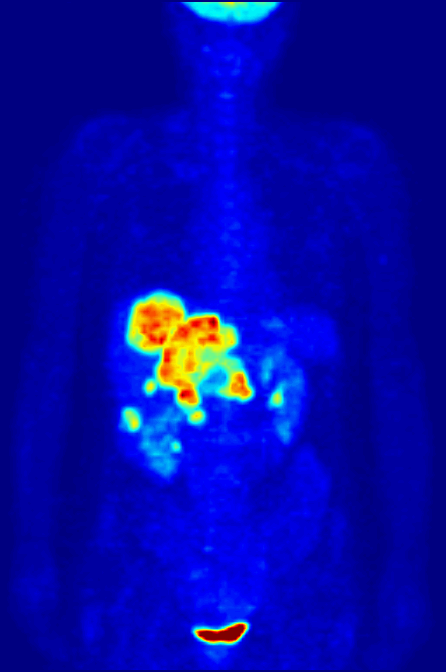Upadacitinib Demonstrates Real-World Efficacy for Atopic Dermatitis Patients

In a pivotal study presented at the 2025 Revolutionizing Atopic Dermatitis (RAD) Conference, researchers highlighted the real-world effectiveness of upadacitinib for treating patients with atopic dermatitis, regardless of their previous exposure to biologic therapies. The study, titled 'Real-World Effectiveness of Upadacitinib in Moderate-to-Severe Atopic Dermatitis in Bio-Experienced and Bio-Naïve Patients: Results from 6-Month Longitudinal Analyses of the CorEvitas AD Registry,' was spearheaded by Dr. Jonathan Silverberg, MD, PhD, MPH, an associate professor of dermatology at The George Washington University School of Medicine.
The CorEvitas Atopic Dermatitis Registry, a prospective observational study, enrolled 192 adults diagnosed with moderate to severe atopic dermatitis, who initiated upadacitinib treatment between October 2021 and April 2024. Participants were categorized as bio-naïve, with no prior biologic treatment, or bio-experienced, having received treatments such as dupilumab or tralokinumab. The study aimed to assess the efficacy of upadacitinib in a diverse population, which is often underrepresented in traditional clinical trials.
According to the findings, after six months of treatment, a significant proportion of patients achieved substantial improvements in their skin condition. Specifically, 68.7% of bio-naïve patients and 62.3% of bio-experienced patients attained a 'clear' or 'almost clear' skin status, as measured by the Validated Investigator's Global Assessment for Atopic Dermatitis (vIGA-AD). Additionally, 64.1% of the bio-naïve cohort and 52.6% of the bio-experienced cohort achieved a 90% improvement in the Eczema Area and Severity Index (EASI 90).
Dr. Silverberg emphasized the importance of these findings, stating, "In routine clinical practice, upadacitinib achieved clear or almost clear skin for the majority of both bio-naïve and bio-experienced patients at six months. A substantial proportion of patients also simultaneously achieved ≥90% EASI improvement and little or no itch. These outcomes align with clinical trial findings, highlighting upadacitinib's real-world effectiveness."
The study also revealed noteworthy improvements in patients' quality of life, with 46.0% of bio-naïve subjects and 39.7% of bio-experienced subjects reporting minimal disease impact, indicated by Dermatology Life Quality Index (DLQI) scores of 0 or 1. Furthermore, itch relief was reported by 52.1% of bio-naïve and 34.7% of bio-experienced patients, showcasing the dual benefit of skin clearance and alleviated symptoms.
As the demand for effective treatments for atopic dermatitis continues to grow, these findings present a promising outlook for the use of upadacitinib among diverse patient populations. Dr. Silverberg and his team have underscored the necessity of real-world data in informing treatment strategies, especially for patients with complex treatment histories. As healthcare providers seek to optimize care for patients with atopic dermatitis, the implications of this study may guide future therapeutic decisions and enhance understanding of upadacitinib's role in dermatological practice.
Advertisement
Tags
Advertisement





